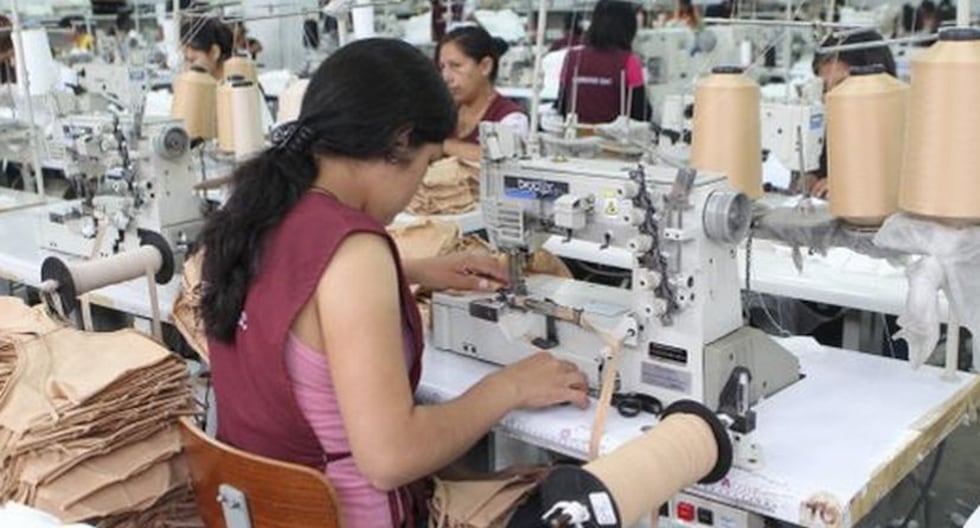The US government’s plan to reverse immigration will have a negative impact on economic growth and inflation, according to the economic research team at bank Julius Baer.
According to them, “the native workforce is stagnant and immigration has been the force for job growth in that country for years.”
In an analysis prepared by the firm’s chief economist, David Kohl, they explained that any shortfall in labor supply in the United States has the potential to overheat the economy and reignite inflation.
Within the analysis titled “Trump’s inauguration: What to watch” they added that if the deportation plan advances, the new United States government will have to weigh between what can give it political popularity and the economic risks.
From the Institute of International Finance (IIF, for its acronym in English) they explained that reducing the immigrant workforce imposes inflationary risks in that country.
The Fitch rating agency had already explained that the growing immigration to the United States is part of economic growth and the strength of its labor market.
The president of the Fed, Jerome Powell, also recognized, in the first quarter of last year in an interview broadcast on a television program, that the resilience of the labor market was supported by the flow of migrants.
Inflation and empty jobs
Just as analysts from the Peterson Institute for International Economics (PIIE) had done, Julius Baer experts warned of the inflationary impact that the mass deportation of migrants will have in the US.
This will be particularly evident for the manufacturing and agricultural sectors, where immigrant labor plays an important role.
According to the PIIE, the deportation of workers will lead to “a classic supply shock”
Taxes and duties
Julius Baer economists identified in the analysis as a key risk to the global environment, the change in United States tax policy and the application of tariffs promised by the current president, Donald Trump.
“Extending rate cuts or introducing new measures to reduce others will be key adjustments to the growth outlook and should support consumption and investment, which will surely drive the (US) economy into overheating.
Regarding the eventual application of tariffs, they warned that it will amplify trade tensions,
“We consider that tariffs are, for the most part, negotiation tactics to maximize benefits in any agreement and we doubt that the final intention is to impose them,” they confided.
Geopolitics, another open front
Economists at Julius Baer added that since the energy market is the greatest barometer of geopolitics, it is likely that they will remain under pressure as the participation of the United States in the sanctions imposed by the West after the invasion of Ukraine and in the conflict is defined. that is in the Middle East.

















